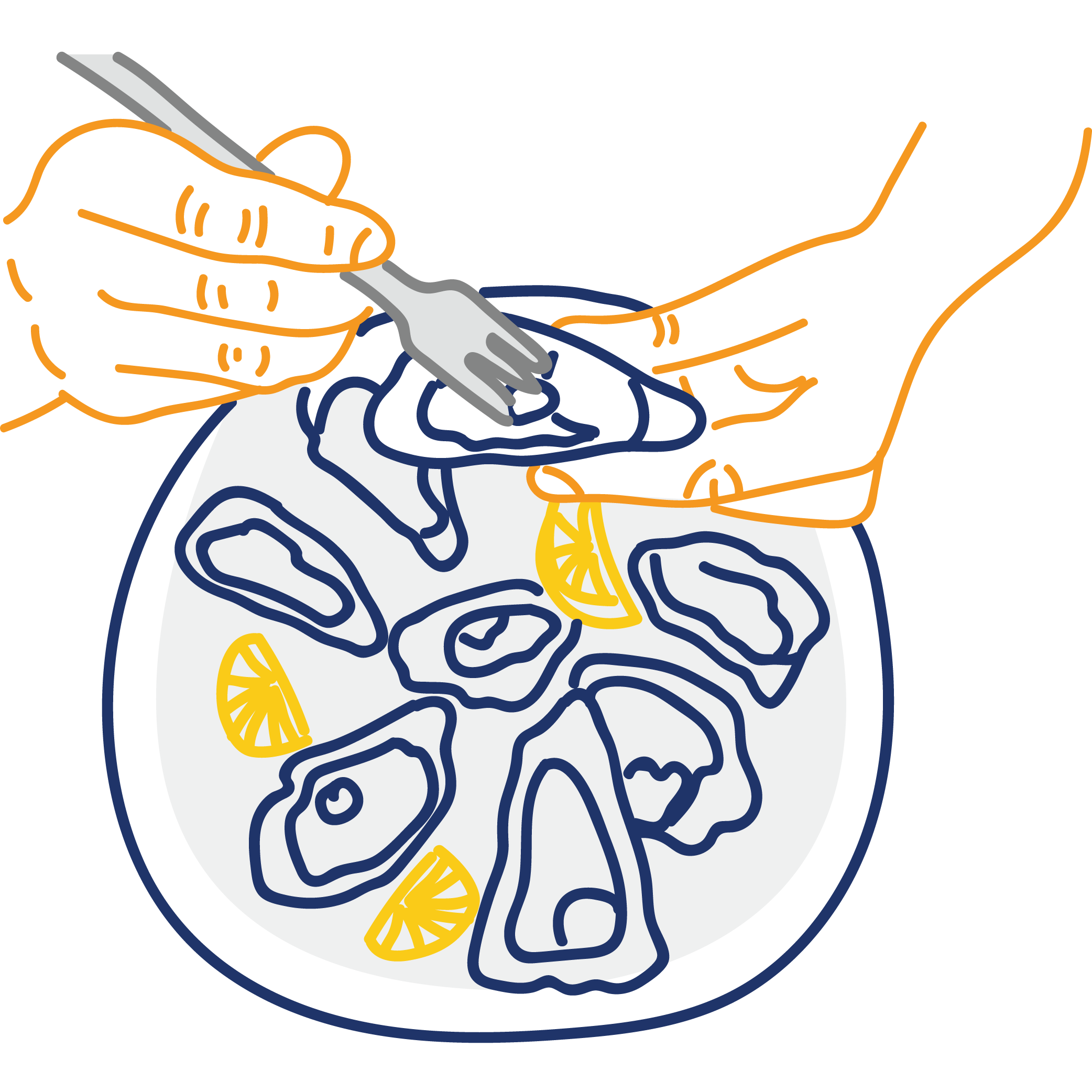Urgent FDA Alert: Connecticut Oysters Linked to Toxic Contamination
Nov 14, 2024

The Food and Drug Administration has issued an urgent advisory to consumers, food manufacturers, and restaurants, cautioning against consuming certain oysters from Connecticut, specifically in Milford-approved areas.
Details on the Contamination
The oysters in question, harvested on November 12 and 15, were distributed by Seaview Fisheries, a recognized certified dealer. Lot numbers L466B and L466A have been flagged as potentially contaminated and, thus, pose a risk to consumers. These batches were initially sent to a distributor in Rhode Island and disseminated to distributors and retailers across multiple states, including Delaware, Florida, Illinois, Maryland, New Jersey, New York, Pennsylvania, and Texas.
Official Response and Recall
In response to the potential health threat, the Connecticut Department of Agriculture, along with the Bureau of Aquaculture, took swift action to initiate a recall of the tainted seafood. The FDA, fully apprised of the situation, has pledged ongoing support and monitoring, assisting state authorities to ensure public safety.
The Peril of Ingesting Contaminated Shellfish
Oysters naturally clean the water by taking in small organisms and materials around them. But when oysters are collected from dirty waters, they can pick up harmful germs and poisons. These germs can make people sick, even if the oysters look and taste normal. Eating raw or lightly cooked oysters that have been contaminated is especially risky. Anyone who eats these bad oysters might get stomach pains, nausea, throwing up, or a fever. It's important to be careful because sometimes people don't get sick right away, but it can be very serious when they do.
Guidance for Restaurants and Retailers
Vigilance is paramount for restaurants and retailers in handling this concern. It is imperative that establishments refrain from selling the implicated oysters and responsibly dispose of any existing stock to prevent further risk of foodborne illness. Moreover, stringent sanitation procedures should be in place to forestall cross-contamination within food processing areas. Handwashing, utensil sterilization, and surface sanitizing are essential steps that need to be adhered to diligently.

Consumers and industry stakeholders are urged to take immediate and decisive actions in light of this public health warning. Restoration of safety and confidence in the food supply chain is of paramount importance. Should there be a need for additional assistance or guidance, GoHACCP with Experts is at your service, offering professional advice to navigate through this crisis efficiently.
For expert advice and guidance on food safety, particularly in dealing with regulatory concerns and contamination issues, please reach out to GoHACCP with Experts. Our team of certified professionals is well-versed in crisis management and can offer you the support necessary to protect your customers and business. Contact us for further information and help on this topic.
Gerardo Fernández, Ph.D.in Biology.
Science Consultant at GoHACCP, dedicated to ensuring the safety and quality of food for consumers and manufacturers through scientific expertise and research.

FDA Alert on Norovirus Outbreak Linked to Korean Oysters

Raw Milk Recall Due to E. coli Contamination

Alarming Surge in Salmonella: Critical Cantaloupe Recall and Urgent Food Safety Measures
Join our Food
Safety Community!
Stay ahead of the curve by exploring emerging
trends and technologies in food safety.

